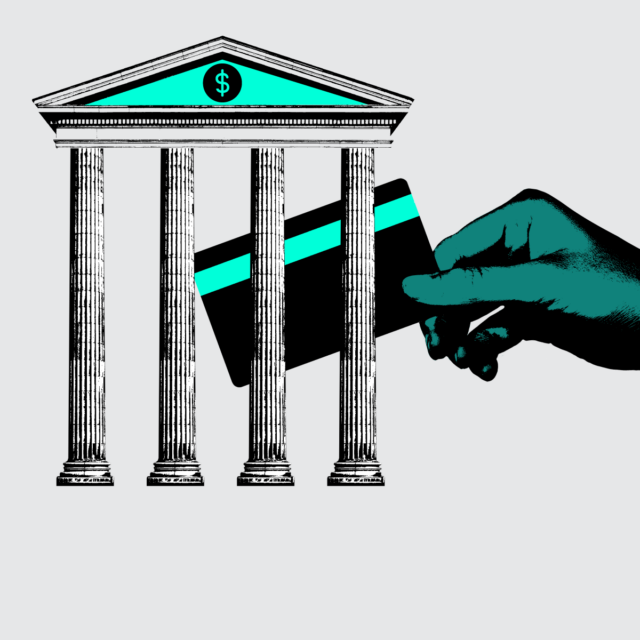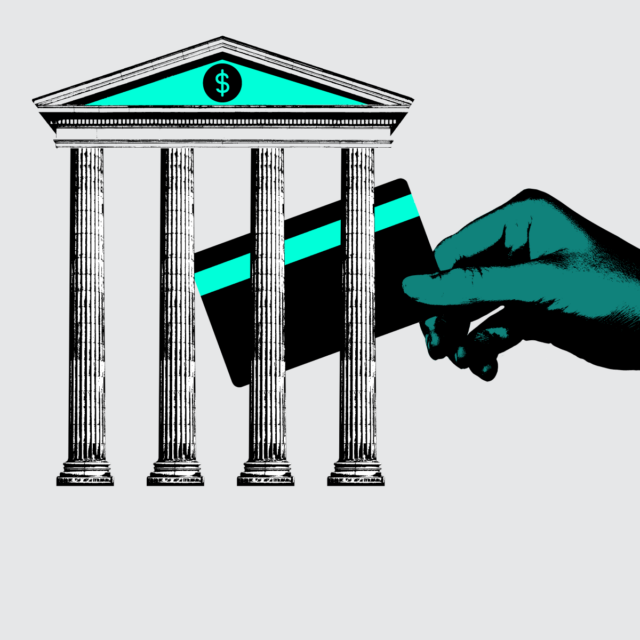
Transparency is a critical piece of the puzzle in the fight against extreme poverty. Transparency allows activists, politicians and citizens to track where the aid money goes, enables donors to make responsible decisions on funding projects and most importantly, promotes a ‘clean’ culture that is devoid of corruption and is truly dedicated to empowering the developing world. Yet, the question of how transparency can be instituted in practical ways continues to be challenging.
Last week, I attended an event hosted by The Brookings Institution and the Modernizing Foreign Assistance Network (MFAN) that featured the launch of a new report by the Millennium Challenge Corporation (MCC): “Principles into Practice: Transparency.”
The report is a part of MCC’s ‘Principles Into Practice’ series, and outlines the lessons that the organization has learnt over the past ten years and how it has put the transparency principles into practice.
The six lessons that the report highlights are:
1. Transparency requires leaders and champions who are willing to take risks
2. Transparency is a collaborative effort: it needs a cross-cutting team of technical, data and policy staff
3. Implementing successful transparency practices requires listening to external stakeholders and understanding how information is used
4. Implementation has to adapt to the complex conditions prevalent in today’s international development industry
5. Data must be presented in usable formats
6. Decisions must be made in a manner that is continuous, open, responsible and transparent.
Panel discussions involving representatives of various development organizations not only echo these observations, but also point to how implementing transparent practices can lead to beneficial outcomes.
For organizations that produce information for researchers and policy makers such as the World Bank, openness not only tremendously increases the usage and access of their development data but also increases the level of engagement among civil society in information. Furthermore, transparent data also makes a stronger case for countries, organizations and individual donors to contribute to development initiatives.
In the UK, the Department for International Development has witnessed strong political support as well as pressure from the media to pursue transparency and open aid data, especially in the light of recent austerity measures. This has in fact, contributed tremendously to efforts leading to the creation of DFID’s Development Tracker.
Last but not least, open data can also be a catalyst for improvements in the internal functions of the organization. For example the Netherlands Ministry of Foreign Affairs has been using aid data as one of the many benchmarks for performance evaluations.
The report and the panel discussions conclude that the next step is relates to the creation of a culture of transparency within development organizations. Such a foundation would lead to accountability and responsible decision-making and consequently, more robust development results.



